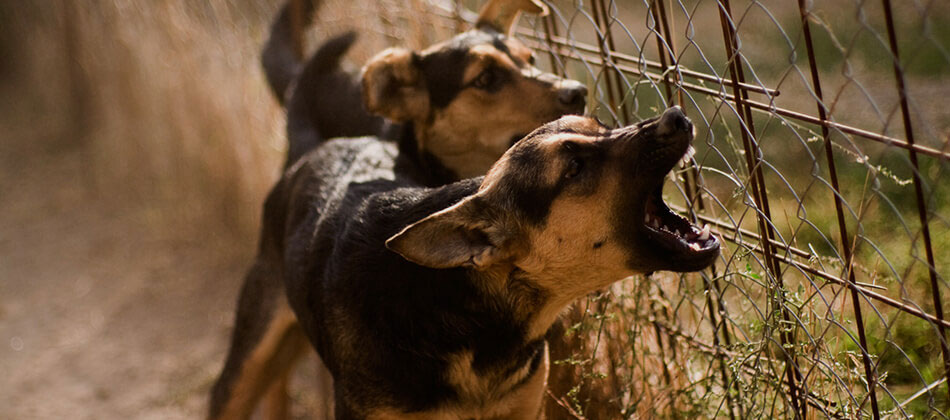Reporting a Dog Bite
Dog Bites,Personal Injury - March 28, 2024 by Horwitz, Horwitz & Associates
Those involved in dog-related accidents might feel reluctant to press charges. However, compensation may be necessary to cover the medical expenses associated with treating injuries the animal caused. Reporting a dog bite means pressing charges for negligent behavior on the owner’s part. Every dog owner must abide by the same set of Illinois laws when it comes to accepting liability for their dog’s actions.

Do You Have to Report a Dog Bite?
No law states that you must report a dog bite, or dog-related incident. This decision remains up to the victim. Some individuals are okay with treating their injuries on their own without pursuing legal recourse. This is an option for everyone involved in dog bite incidents. However, even if the victim initially claims that they won’t press charges, they can still change their mind.
This makes identifying your state’s statute of limitations important. Claimants have a set timeframe to file their lawsuit if they do change their mind. In Illinois, this is two years. So, while dog-bite victims aren’t required by law to report the incident, they do have a window in which they can choose to pursue legal actions.
Where Do I Report a Dog Bite?
Animal-related cases of personal injury are like typical personal injury cases. Claimants report their accident to several entities:
- Law enforcement
- Their insurance company (health insurance)
- Small claims court (if filing a personal injury claim)
The only difference in dog bite cases is that the victim can also contact animal control. This step is not necessary, but when addressing a truly dangerous dog that their owner just couldn’t control, the claimant might consider calling animal control.
The other entities you report the incident to, including law enforcement, are involved in filing claims. Police reports are one of the first pieces of evidence you can collect, whether you’re filing with your insurance company, the court, or both.
Negligence Law in Reference to Dog Owners
When reporting a dog bite, keep in mind that Illinois practices pure comparative negligence law. This means that both parties must assume full responsibility for their actions that contributed to the incident. For instance, a plaintiff that provoked a dog before its attack is responsible for their actions even when pressing charges for damages.
The court assigns both parties a percentage rating that reflects how much fault they receive. This rating does not impact either party’s ability to collect compensation for damages resulting from the incident. However, it does dictate how much compensation they can take home. When concluding a claim, a plaintiff’s total award is multiplied by their fault percentage. The court subtracts this amount from their gross compensation.
Illinois also exercises strict liability reference to dog-related accidents. This could play in the favor of the injured victim, especially if the dog attacked them without provocation. Even if they were not aware of their dog’s aggressive tendencies, the dog’s owner is liable for any damage done in circumstances that meet the following criteria:
- The dog successfully attacked, or attempted to attack, an individual.
- The injured party was within their legal rights to safely be in the location of the incident.
- The injured party did not provoke the dog in any way.
In a context that meets these criteria, the injured party will most likely not possess fault. This makes it easier to settle out-of-court because the dog’s owner could clearly see that they don’t have grounds to fight the charges the injured party presses.
Illinois provides clear guidelines in addressing the expectations associated with owning a dog. When a dog owner breaches their duty to control their animal, they set themselves up for legal repercussions pursued by the injured party. If you’ve recently sustained injury from a dog bite, utilize a free consultation with our Chicago dog bite attorneys to discuss your next steps. Contact us today.


